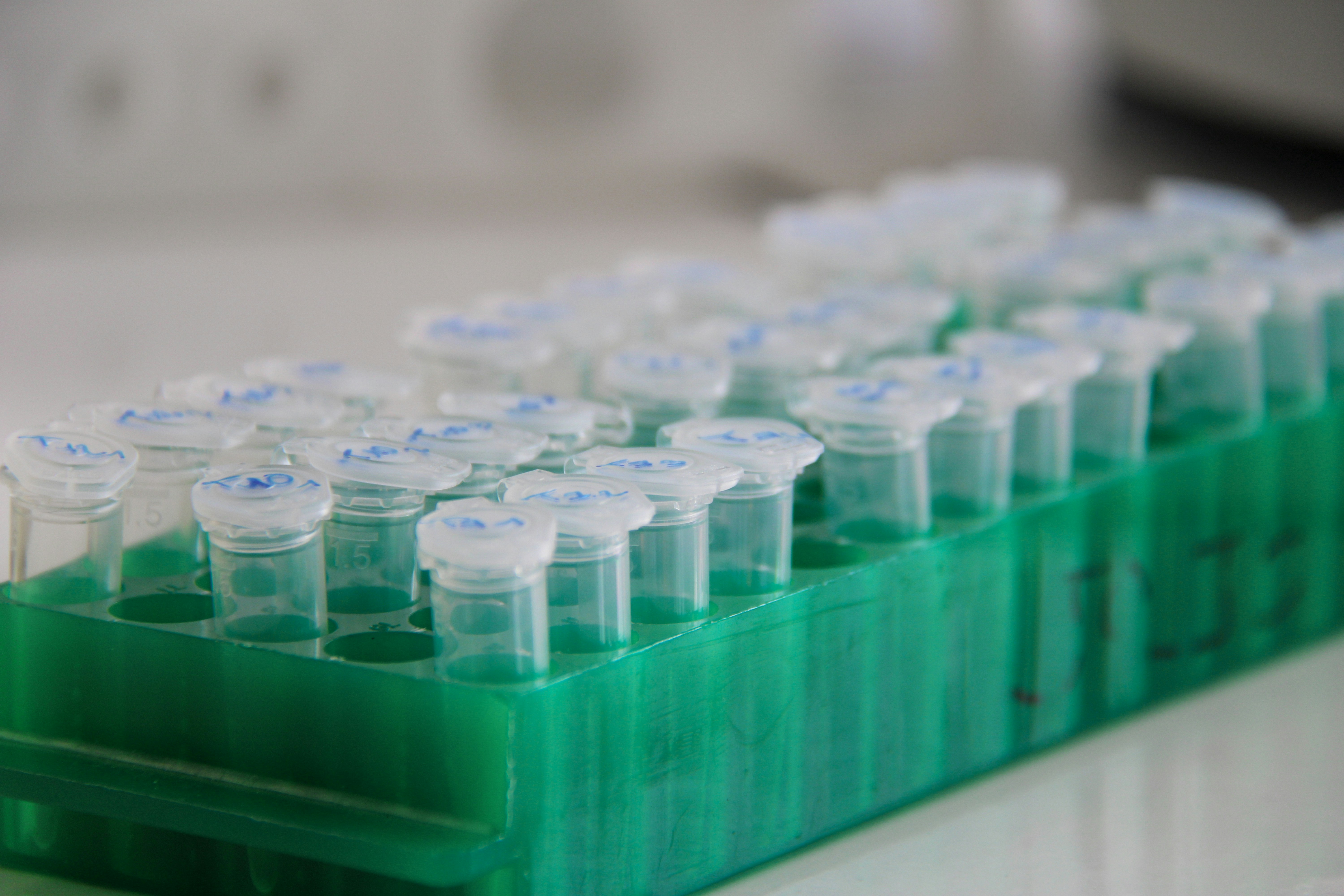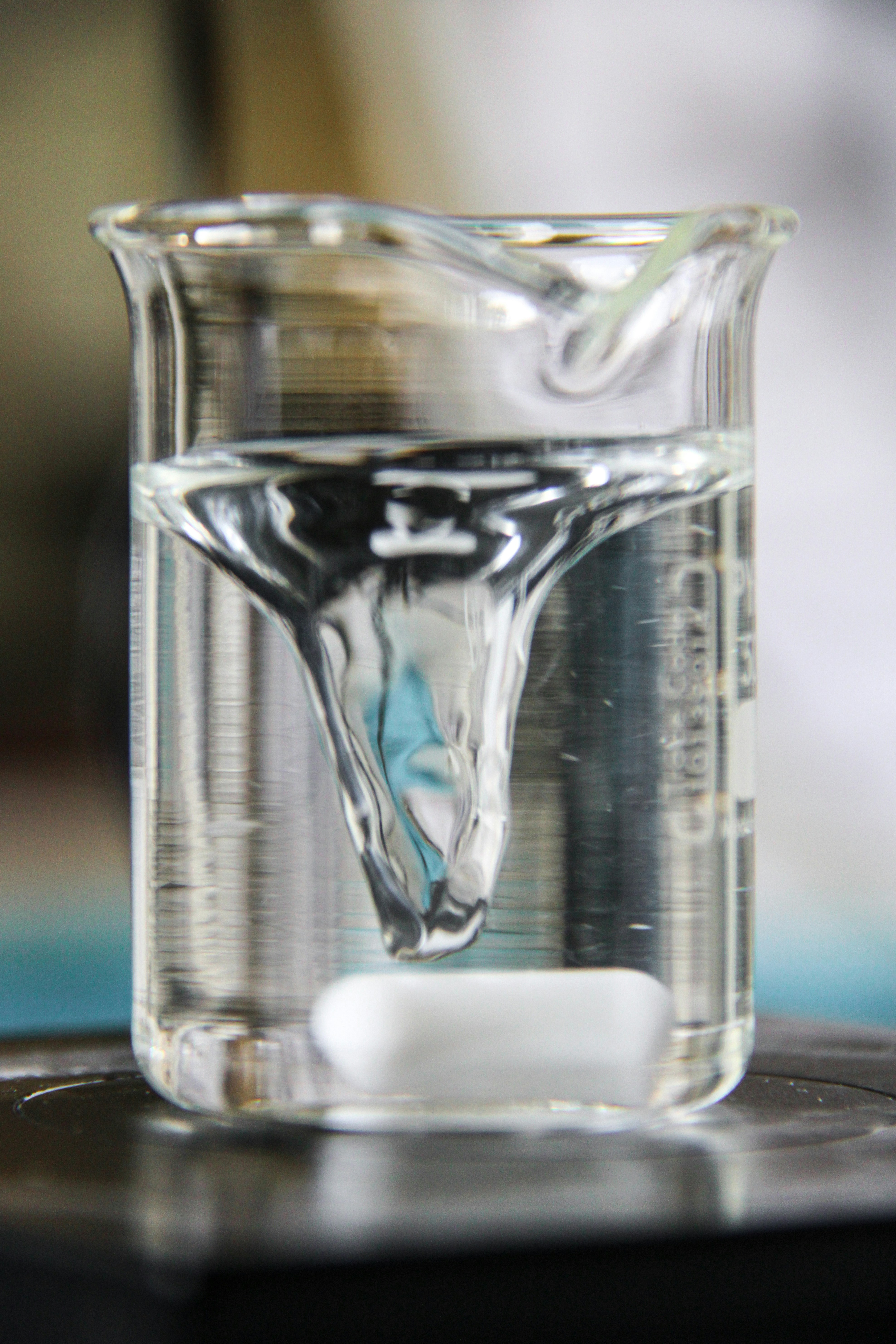The Unseen Architects: Biochemists and Their Crucial Role in Scientific Discovery
November 9, 2025 | by arashkazemiac137@gmail.com
 Photo by Nathan Rimoux on Unsplash
Photo by Nathan Rimoux on Unsplash Defining Biochemistry: The Intersection of Chemistry and Biology
Biochemistry is a dynamic scientific discipline that merges the principles of chemistry and biology to explore the molecular processes that underpin life. It plays a pivotal role in understanding the complex interactions of biomolecules, which include proteins, nucleic acids, carbohydrates, and lipids. These biomolecules are essential to cellular functions and contribute significantly to metabolic pathways, effectively facilitating the biochemical reactions that sustain life.
The study of biochemistry provides insights into how these biomolecules collaborate to support vital processes such as cell signaling, energy transformation, genetic information processing, and metabolic regulation. For instance, proteins serve as enzymes, catalyzing biochemical reactions necessary for the cell’s survival and functionality. Nucleic acids, namely DNA and RNA, are integral for storing and transmitting genetic information, while carbohydrates and lipids are critical energy sources and structural components of cell membranes.
Historically, biochemistry has evolved considerably, tracing back to fundamental discoveries that have significantly influenced the life sciences. Key figures, such as Friedrich Wohler, who synthesized urea in 1828, effectively challenged the belief that organic compounds could only be produced by living organisms, establishing a foundation for further exploration in the field. The elucidation of the structure of DNA by James Watson and Francis Crick in 1953 is another landmark discovery that propelled biochemistry into a new era, unlocking the secrets of genetic inheritance and molecular biology.
As a bridge between chemistry and biology, biochemistry continues to evolve, delving deeper into the molecular mechanisms that dictate biological functions. Understanding these intricate networks is crucial for advances in various fields, including medicine, biotechnology, and environmental science. By elucidating the fundamental biochemical pathways and interactions, researchers can develop targeted therapies, improve agricultural practices, and address critical issues such as climate change.
The Role of Biochemists: Innovators in Research and Medicine
Biochemists play an essential role in various fields, significantly impacting research and medical advancements. Their expertise in the intricate interactions between biological molecules provides insight into the mechanisms that govern metabolic pathways, disease progression, and overall biological function. As a result, biochemists are crucial in developing novel therapies, especially in drug development, where they investigate the molecular basis of diseases involving genetic, metabolic, and communicable disorders.
In the realm of healthcare, biochemists contribute to the formulation of vaccines and therapeutic drugs that can combat life-threatening diseases. For instance, the rapid development of mRNA vaccines during the COVID-19 pandemic exemplifies how biochemists applied their knowledge to create effective solutions to urgent global health crises. These innovations stem from biochemistry research regarding viral structures and immune responses, showcasing the contribution of biochemists in safeguarding public health.
Additionally, biochemists are instrumental in genetic engineering and biotechnology. Their understanding of DNA, RNA, and protein synthesis enables them to manipulate genetic materials to enhance agricultural productivity, create genetically modified organisms (GMOs), and address food security issues. These endeavors not only improve crop resilience but also contribute to sustainable agricultural practices that are vital in the face of climate change.
Moreover, biochemists are actively involved in environmental science, tackling pollution and waste management challenges through bioremediation and the development of eco-friendly materials. Their ability to study biochemical processes aids in understanding ecosystem dynamics and the impact of human activities on biodiversity.
To pursue a career in biochemistry, individuals typically require a solid educational foundation, including a bachelor’s degree in biochemistry, molecular biology, or related fields, accompanied by practical laboratory experience. Successful biochemists demonstrate a blend of analytical thinking, creativity, attention to detail, and problem-solving skills. This unique combination allows them to devise innovative solutions to complex scientific challenges, ultimately enhancing our daily lives and the health of our planet.
RELATED POSTS
View all


